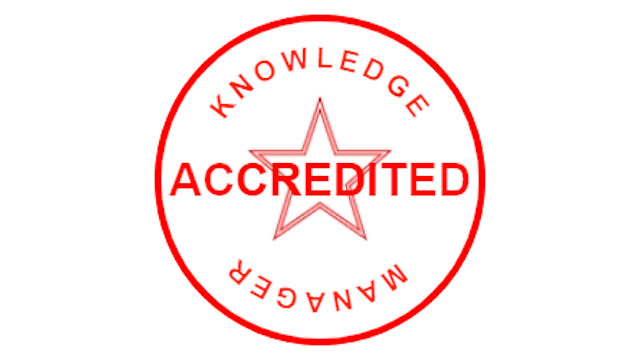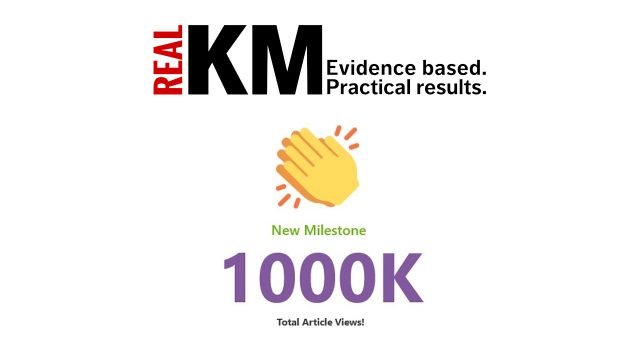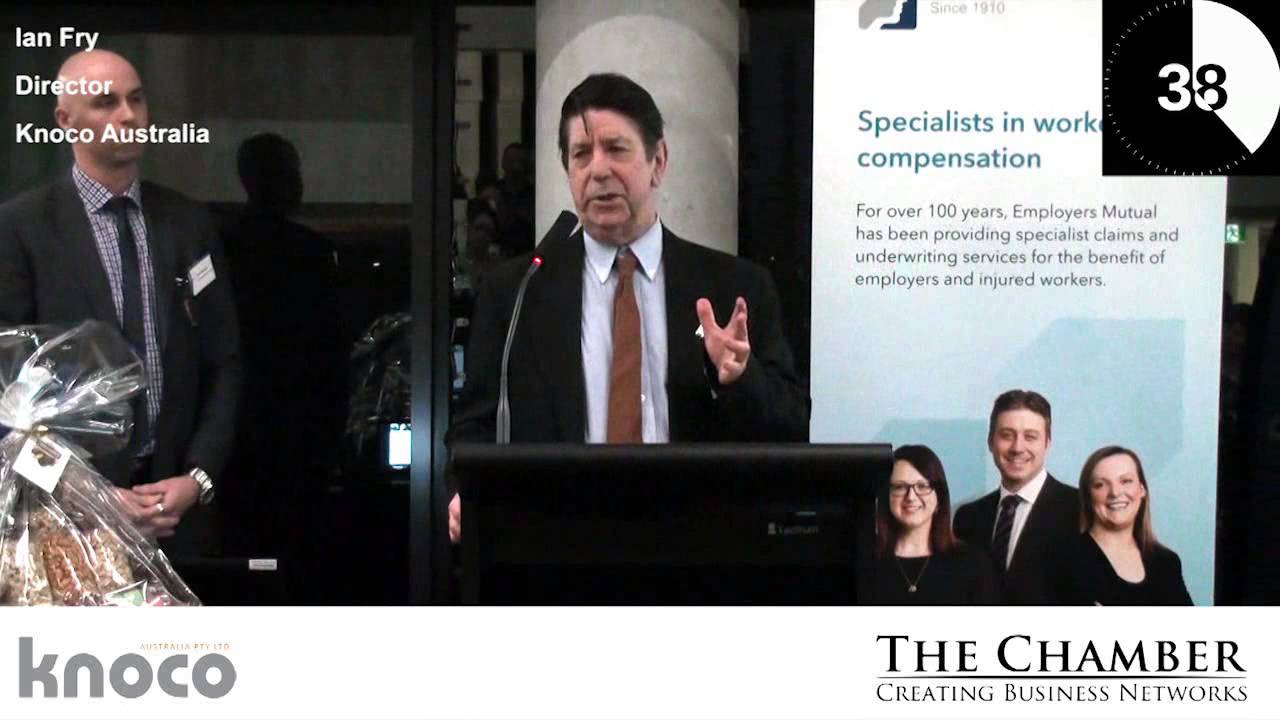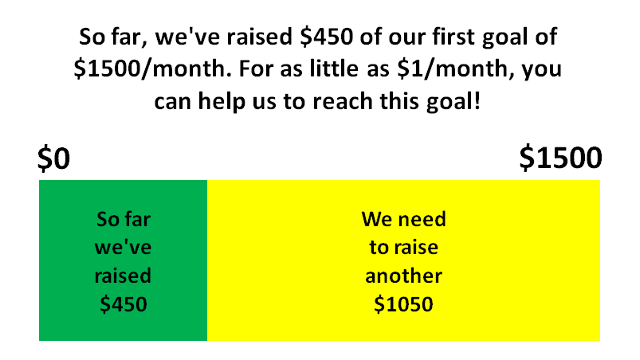
Seven big new things in knowledge management
It’s an exciting time to be involved in knowledge management (KM), with some very significant new initiatives underway:
- Better evidence-based knowledge management
- Establishment of an international knowledge professionals society
- Chartered Knowledge Manager status
- Comprehensive, accredited knowledge manager education
- The open movement and working out loud
- Culturally aware knowledge management
- Improved participatory decision-making
You may be aware of some of these “seven big new things in KM” but not others, so here’s a summary of all of them…
Better evidence-based knowledge management
Hardly a day goes by where I’m not reading about some management approach, theory, or model that’s been found to be unsupported by the evidence. For, example, one of the latest management myths to be exposed is Maslow’s hierarchy of needs pyramid, which is widely used in management studies. Sorry, but the evidence shows that Maslow never created a pyramid to represent the hierarchy of needs.
Just like the overall field of management, the KM discipline unfortunately has a mixed track record in regard to evidence-based practice. Some opinion-based decision-making occurs in KM, and there’s also a tendency for people working in KM to rely heavily on their professional expertise, to the exclusion of other sources of evidence, in particular research findings. Confirmation bias plays a role in this. As RealKM founder Stephen Bounds advises, “Unfortunately we have become complacent about assuming value of our techniques without searching for how that value may be realised in practice.”
The overall field of management is now embracing evidence-based practice, as are other management disciplines such as HR. With the support of RealKM Magazine, KM is also now starting to move to a much-needed evidence-based foundation.
Establishment of an international knowledge professionals society
Under the guidance of RealKM Platinum Patron Dr Arthur Shelley, the Melbourne-based Knowledge Management Leadership Forum (KMLF) has been hosting workshops to lay the initial foundations for the establishment of an international knowledge professionals society. As Arthur states, “Many passionate [knowledge managers] facilitate KM communities in different parts of the world … It’s time to connect these communities into a international society for the knowledge profession. Knowledge drives the economy, so it’s critical we show a collective voice to leadership.”
One of the recommendations I recently made to assist the implementation of the new ISO 30401 KM standard also strongly supports the establishment of an international knowledge professionals society (Recommendation 4).
We’ll be publishing an article in RealKM Magazine in the next few weeks with plans and preliminary ideas about the international knowledge professionals society, including details of who is involved so far. The involvement of everyone is welcome – your support is essential for this initiative to succeed!
Chartered Knowledge Manager status
UK-based KM practitioner, presenter, masterclass leader, and lecturer Paul Corney has been advocating for the establishment of an independently assessed external accreditation for KM practitioners. This would be another key component of the corporate legitimacy of KM alongside the new ISO 30401 KM standard.
In his role as a Knowledge & Information Management Ambassador for the CILIP Knowledge and Information Management (K&IM) Group, Paul has been working with CILIP CEO Nick Poole to expedite a proposal for Chartered Knowledge Manager status. We’ll be bringing you an article from Paul at the end of June with full details of this very important initiative.
Comprehensive, accredited knowledge manager education
The RealKM Open KM Syllabus has been developed by RealKM founder Stephen Bounds in an attempt to systematically describe the themes and topics required for a fully-rounded education in knowledge management theory and practice. The Open KM Syllabus is licenced for free use under a no-derivatives Creative Commons license to limit fragmentation and encourage consensus within the KM community.
I have developed and taught two knowledge management university subjects drawn from the syllabus, and we’re now keen to hear from other universities that might be interested in implementing the syllabus. I have also initiated discussions with CILIP in regard to using the syllabus to inform the development of an accreditation program for KM university courses.
The open movement and working out loud
Stan Garfield recently described working out loud (WOL) as “KM’s most transformative trend”, and in a previous RealKM Magazine article Lena Ross introduced WOL as an important internal disruption that is changing the way we work. WOL is a “growing movement that encourages employees to narrate their work and broadcast what they’re doing so others can interact, respond, learn, and apply that knowledge to their own work.”
While a substantial evidence base is yet to be developed around WOL, it’s a logical and desirable extension of the open movement. Through open movement initiatives like WOL, open access, open innovation, and open educational resources, we’re seeing knowledge and information made more readily available to the people who need it. For this reason, knowledge managers should support as many of the open movement initiatives as possible.
Culturally aware knowledge management
There’s an assumption that knowledge management practices developed in western cultures can simply be transplanted into other cultures. However, as I’ve recently discussed, this may not be the case. Further, biased views in regard to the perceived superiority of western management practices and structures also exist.
As knowledge management is introduced into cultures that are substantially different from western cultures, an objective awareness of cultural differences and how to respect them will be needed. To assist this, there would be benefits in developing and implementing an international cultural awareness program for knowledge managers, and also in publishing relevant case studies. I will shortly be publishing such a case study looking at the emerging body of research in regard to Islamic Knowledge Management (IKM), as part of the ongoing RealKM Magazine series on cultural awareness in KM.
Improved participatory decision-making
The controversy that erupted when the draft of the new ISO 30401 KM standard was released for public review and comment has highlighted the need for better open, inclusive, and participatory processes in KM.
Establishing frameworks and guidelines for these processes should be a priority for the new international knowledge professionals society. One of the recommendations I recently made to assist the implementation of the new ISO 30401 KM standard also strongly supports this (Recommendation 6).
For further information, take a look at the articles in the ongoing RealKM Magazine series on stakeholder and community education.
Also published on Medium.







Thanks Bruce, it is certainly an exciting time to be in KM.
On the formation of an International Professional Knowledge Mgt Society, Arthur Shelly is also working towards this outcome and for those of your readers that can be in Melbourne on the 27th of June, the KM Leadership Forum is holding an open session on this topic to discuss the results of an earlier investigation. If you are involved in KM then you really want to be at this meeting if you can. More details here: https://www.meetup.com/Melbourne-KMLF/events/tqwvtnyxjbkc/ or call Stu French on 0411 797-781.
Thank you Bruce and Stuart,
There is no doubt that connecting the various knowledge communities around the world will generate benefits. This is not about making one organisation swallowing up the others – it is connecting the existing communities is ways that we can align the voices and build a global presence for Knowledge Professionals (in all their diversity) to become more influential in strategic decision-making at all levels of management and leadership.
Thank you, Bruce, A, and Stuart. as many organizations have let go of the CKO role or worse still are in the mindset that KM is a repository where the organizations know how is kept without an expiry date. the truth is that the KMers are struggling with the true essence of having a knowledge engaging environment. As rightfully written, when an organization’s KM is in the Hands of only a vendor, then the result is similar to a Hit and run accident. “Everyone knows something happened, No one saw it coming and worse still No one knows the Know-how or know when and is left with the vague Know what”
“Knowing is not enough; we must apply. Willing is not enough; we must do.”— J.W. Van Goethe
The Value of and organizations Knowledge is the journey to its core, mission, vision, Aim, Desired outcomes, Impact it wants to create and how it will return back to society. I am looking forward to seeing and hear how the IPKMS can collaborate with KMGN on a global platform and make that handshake between academics, practitioners, Industry standards and being Knowledge Ready.
@Arthur and Rajesh
I’m curious why you KMGN guys don’t extend the conglomerate. I remember David Williams (President of AusKM which replaced the renowened actKM Forum) once requested information about the German KM community landscape. Renaming the network to fit the new societies’ needs would be no problem, would it.
Alternatively you could build upon and extend on already existing communities like the ICKM or the KIPA.
@Bruce
Hopefully you RealKM guys don’t loose objectivity and also take a look back in history when claiming to be evidence-based. Take a look at communities and standards in the field pls!
There is one old thing in KM which wipes away all the exciting “big new things in knowledge management” mentioned here.Knowledge Management has no credibility. This will not change with a new society, standard, and WoL. Unfortunately! Maybe it will get worse.
As for WoL…
This is just an individualistic (book sub-title: For a better career and life) and artificial (12-week circles) process.
Thanks Bruce and Stuart – this is the kind of proactive, community of practice, initiative that will firmly establish the importance of KM in the minds of senior management of corporate, government, not-for-profit, and academic organizations. I like the idea of “Knowledge Manager,” but there needs to be more emphasis on technology and what we consider Knowledge Engineering – empirically-oriented standards for identifying, digitizing and delivering organizational knowledge. ISO30401 is a great step in the right direction toward establishing the foundations for this vital requirement. Data is not knowledge. We all know this. But data people do not. Most are oriented to A.I. solutions that require massive piles of data. Knowledge is highly contextualized, requiring a completely different mindset. It’s the combination of highly associated contextualized data that embodies understandable and actionable knowledge about situations and circumstances. Data, in general, is dumber than dirt. The cutting-edge in knowledge technology is about A.I. applied to digitized organizational complexity, not piles of data. Thank you, Stuart and others for leading the way on these issues.